Paolo Giacometti - Rossini: Bolero Tartare - Complete Works for Piano, Vol. 6 (2007) [Hi-Res]

Artist: Paolo Giacometti
Title: Rossini: Bolero Tartare - Complete Works for Piano, Vol. 6
Year Of Release: 2007
Label: Channel Classics Records
Genre: Classical
Quality: FLAC (tracks, booklet) [192kHz/24bit]
Total Time: 1:16:46
Total Size: 2.22 GB / 283 MB
WebSite: Album Preview
Tracklist:Title: Rossini: Bolero Tartare - Complete Works for Piano, Vol. 6
Year Of Release: 2007
Label: Channel Classics Records
Genre: Classical
Quality: FLAC (tracks, booklet) [192kHz/24bit]
Total Time: 1:16:46
Total Size: 2.22 GB / 283 MB
WebSite: Album Preview
1. Un Cauchemar (10:30)
2. Plain-Chant Chinois (05:36)
3. Valse Boiteuse (05:04)
4. Une Pensée À Florence (08:02)
5. Marche (06:15)
6. Spécimen de L'Ancien Régime (17:02)
7. Prélude Pétulant-Rococo (07:53)
8. Un Regret (02:34)
9. Un Espoir (03:55)
10. Bolero Tartare (09:56)
Rossini’s prolific output of compositions for piano is a great gift. This is already the sixth CD documenting our voyage of discovery through the compositions of this exceptionally creative spirit. I am gradually coming to see Rossini as almost more of a piano composer who occasionally composed a few operas, rather than the other way around. Like the previous five, this CD contains pieces from the ‘Pchs de Vieillesse’ or ‘Sins of Old Age’. These are free character sketches, unconventional and free of any trace of pretension. Sometimes they are facetious, sometimes sweet, sometimes light and sometimes tragicomic, but the composer always wears a sly wink. They are bel canto suffused with irony, mockery and self-mockery hand in hand, in a setting of honesty and disarming innocence. Satire returns with the titles of the pieces and the albums to which they belong. The first five pieces on this CD are part of the ‘Album de Chaumire’ (Cottage Album). The last five pieces on this CD are part of the ‘Album de Chteau’ (Castel Album) ‘How sweet!’ the listener, the musician, and the unsuspecting publisher think, in the expectation of pretty little pieces about castles and country life. However, very much in Rossini’s manner, not one of the pieces has anything whatsoever to do with these themes. For example, in the first piece, ‘Un Cauchemar’ (A nightmare), medieval knights and rolling fields are conspicuous by their absence. However, there is in fact an intimate, cantabile introduction, which explodes into ecstatic excitement. I wish my own nightmares were this cheerful! In the next piece, ‘Plain-Chant Chinois’ (Chinese Chorale), a bit of Chinoiserie peers round the corner. Chinoiserie was the rather naive and romantic vision of the orient which prevailed in 19th century France. The piece babbles peacefully on, ornamented with piquant, exotic appoggiaturas.

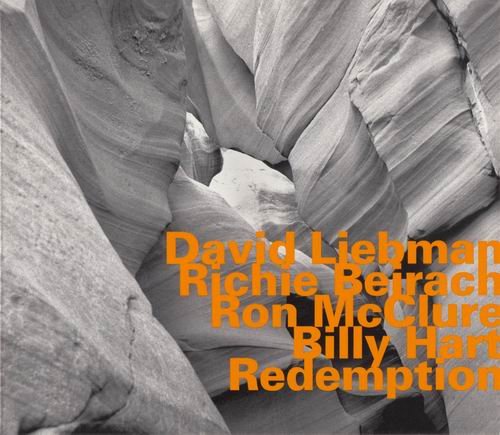
![Peter Appleyard Orchestra - Percussive Jazz (Remastered) (19602025) [Hi-Res] Peter Appleyard Orchestra - Percussive Jazz (Remastered) (19602025) [Hi-Res]](https://www.dibpic.com/uploads/posts/2026-02/1770205711_papj500.jpg)
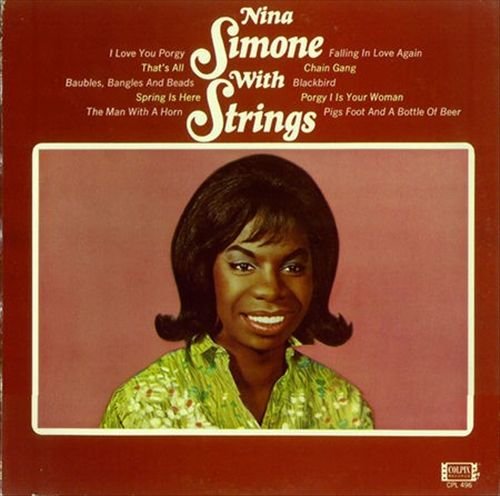
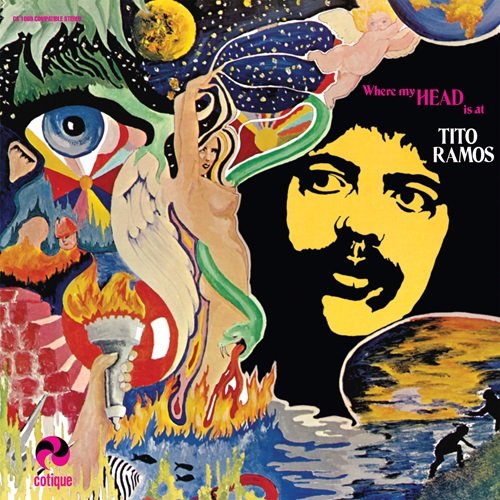
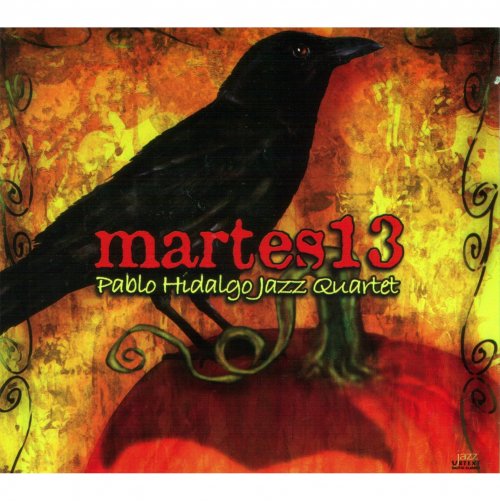
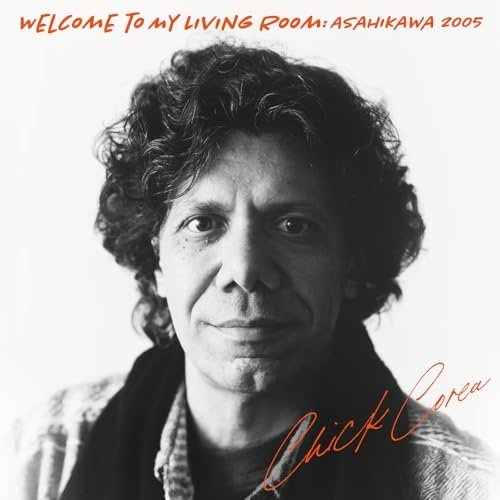
![J. Stafiński & Midnight Band - Jazz To Unwind (2026) [Hi-Res] J. Stafiński & Midnight Band - Jazz To Unwind (2026) [Hi-Res]](https://www.dibpic.com/uploads/posts/2026-02/1770188111_mxijk7n9hl0kt_600.jpg)
